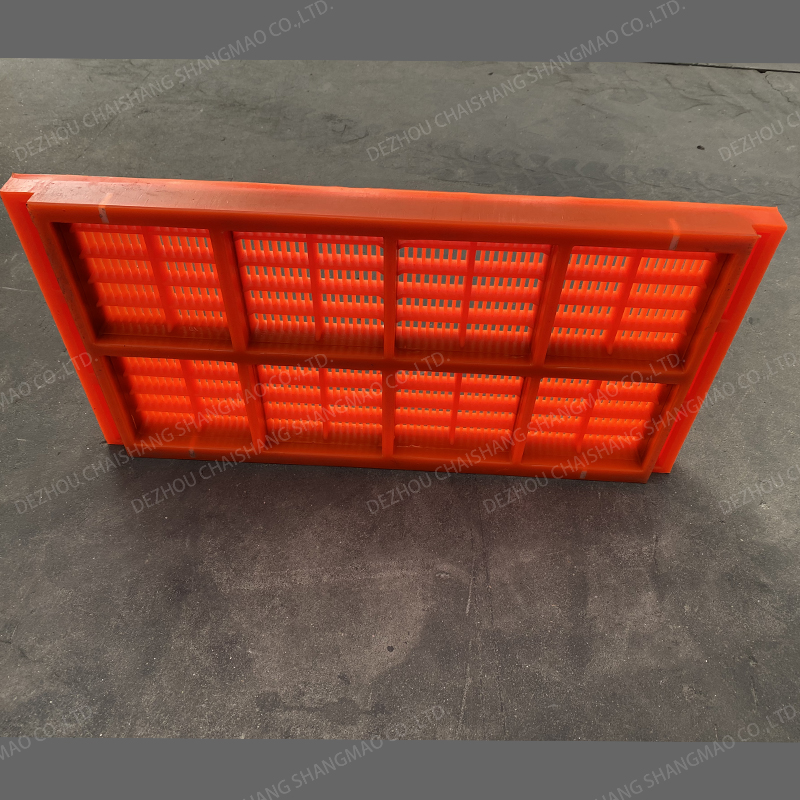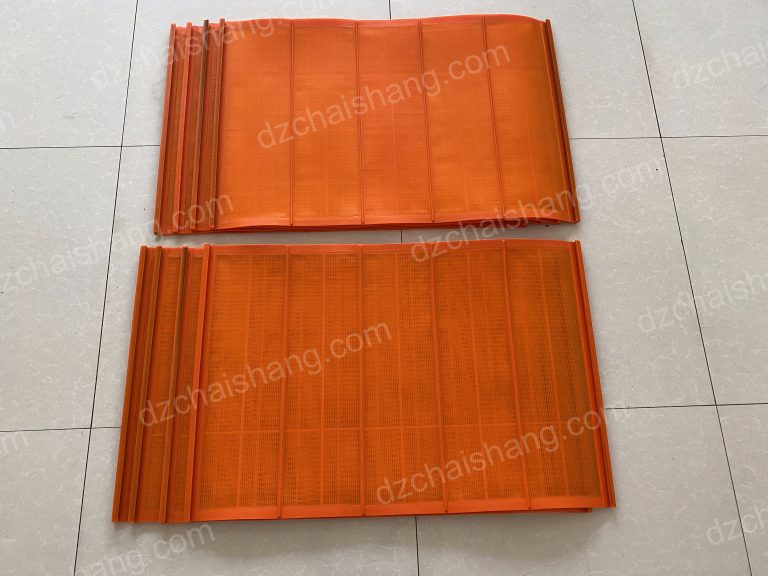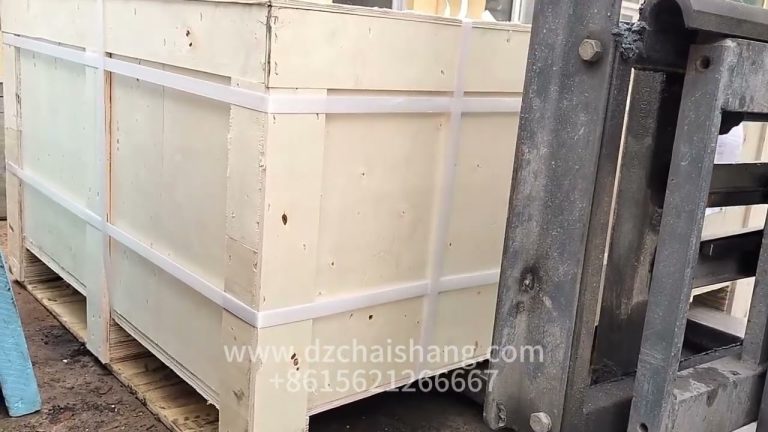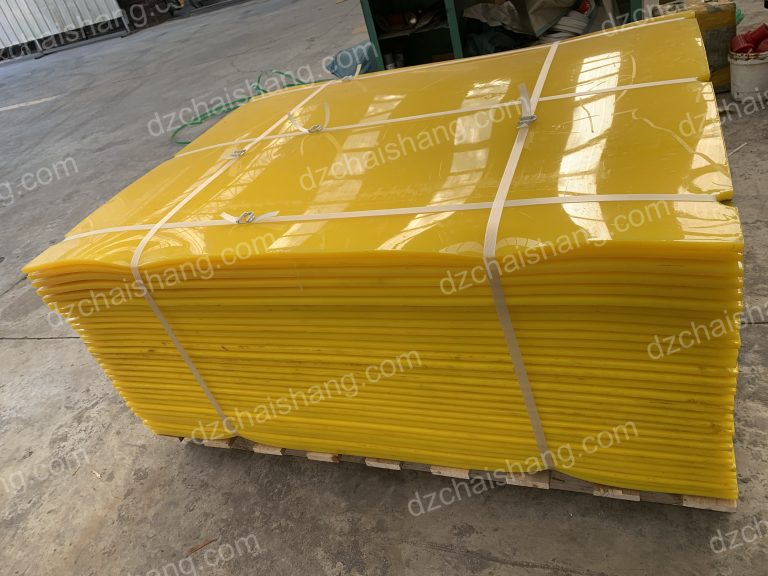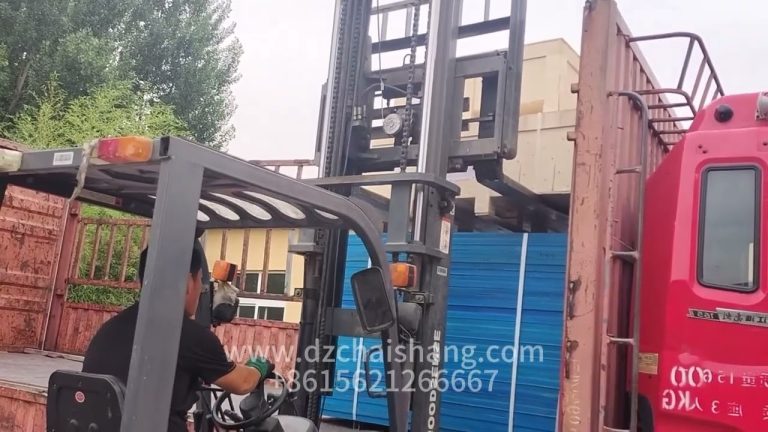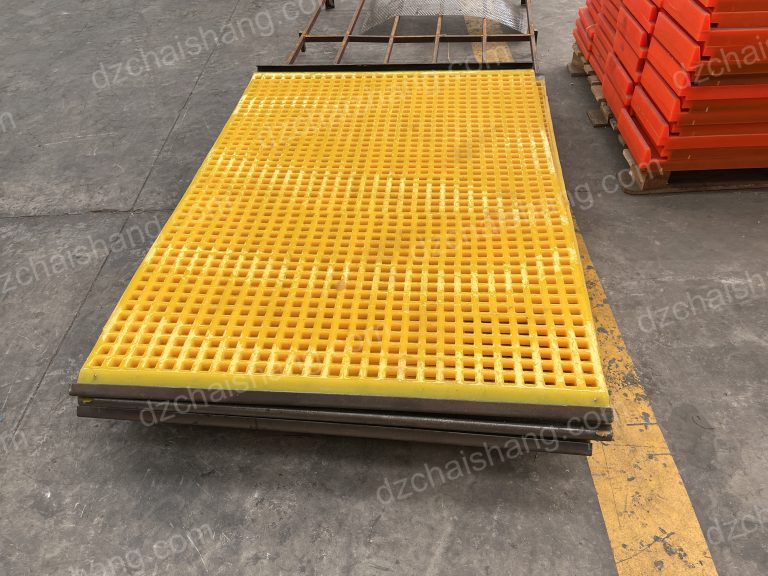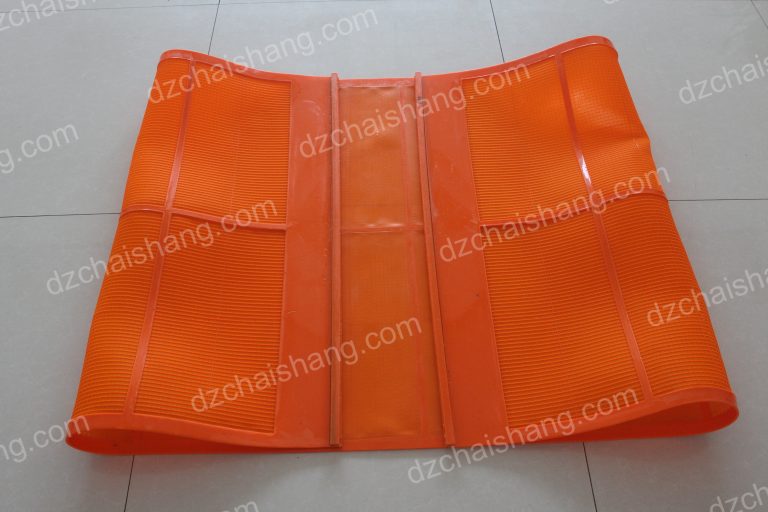Innovations in High-Quality Tailings Dewatering: The Advantages of polyurethane screen panels
In the realm of mining and mineral processing, the management of tailings has long posed significant environmental and operational challenges. As industries strive for more sustainable and efficient practices, innovations in the materials and technologies used for tailings dewatering have become crucial. Among these advancements, polyurethane screen panels have emerged as a superior alternative to traditional screening materials like wire mesh. Polyurethane, a versatile polymer composed of organic units joined by carbamate links, is known for its exceptional durability and resistance to abrasion, wear, and tearing. This resilience makes polyurethane screen panels particularly suitable for the harsh conditions of tailings dewatering processes. Unlike metal screens, polyurethane screens are not prone to rusting or corrosion, thereby extending their service life and reducing the need for frequent replacements. The design flexibility of polyurethane also allows for customization in screen panel production, which can be tailored to fit various screen decks and specific particle size requirements. This adaptability ensures that the screening process is not only efficient but also highly effective in separating fine particles from water. By facilitating improved recovery of fine materials, these panels contribute to the overall economic efficiency of mining operations, as valuable minerals that would otherwise be lost in slurry ponds are recovered.Moreover, the efficiency of polyurethane screen panels in dewatering is enhanced by their inherent ability to reduce noise and vibration. This feature is particularly important in densely populated areas where mining operations are close to communities, and noise reduction is mandatory. The quieter operation of polyurethane screens compared to traditional metal screens is thus another factor that contributes to their growing adoption in the industry. Another significant advantage of using polyurethane screen panels lies in their impact on operational costs. Although the initial investment in these screens may be higher than for conventional materials, the long-term savings are considerable. Their durability and longer lifespan mean that the frequency of screen replacement is markedly reduced, thereby lowering the labor costs and downtime associated with screen maintenance. Additionally, the improved dewatering efficiency leads to reduced energy consumption in pumping and further processing, which translates into lower energy costs. Environmental considerations also play a pivotal role in the shift towards polyurethane screen panels. The mining industry faces increasing pressure to minimize its environmental footprint, and managing tailings in a more sustainable manner is a significant part of this process. By enhancing the dewatering process, polyurethane screens help reduce the volume of water that needs to be managed, thereby decreasing the risk of dam failures and the associated environmental disasters. Furthermore, the ability to recover finer particles reduces the amount of waste generated, contributing to more sustainable resource utilization. In conclusion, the adoption of high-quality polyurethane screen panels in tailings dewatering applications represents a significant step forward in the mining industry’s quest for more efficient and environmentally friendly practices. With their superior durability, efficiency, and flexibility, these panels not only improve the economic outcomes of mineral processing but also contribute to the broader goals of environmental sustainability and community welfare. As industries continue to evolve, such innovations underscore the importance of advanced materials in achieving operational excellence and ecological balance.
